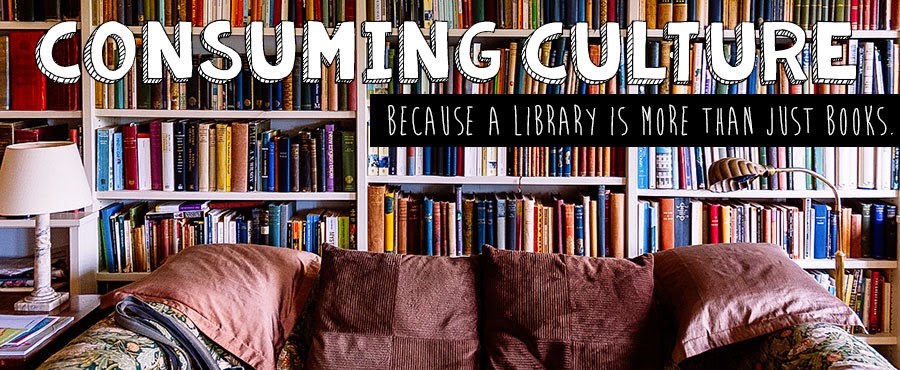As a kid, I loooooved the Ramona books by Beverly Cleary. I haven't read them in years, but I'm pretty sure I still would love them. When I was a kid, I loved Ramona for her spunk, her imagination, and for the shenanigans she seemed to always get herself into. I loved them for how Beverly Cleary could write so well about the awesome simplicity of being a kid—no drama for the sake of drama, just practical jokes, climbing trees, and frustration with school. In fact, I wasn't particular to the Ramona books; I loved all the Beverly Cleary books. Henry Huggins, Muggy Maggie—what a gift of alliteration!
Though I know now that Beverly Cleary wrote most of her books from the fifties through seventies, the stories are so timeless because I always pictured them in the present-tense (which was the early- to mid-90s when I was reading them). The characters, the setting, the situations are relative to kids of any decade, which is why I was happy to see Ramona and Beezus (though the appropriate order is still "Beezus and Ramona" in my head) make it to the big screen in, what I found to be, a successful fashion. [Sidenote: I vaguely remember a Ramona TV series from the 80s, and lo and behold, there was one, starring...Sarah Polley, star of Avonlea! Oh the coincidences in this post!]
Anyway, the 2010 Ramona and Beezus has a plethora of well-known actors, all of whom I completely ADORE, and was very enjoyable for this kid at heart. I recommend, for you and your kids!








